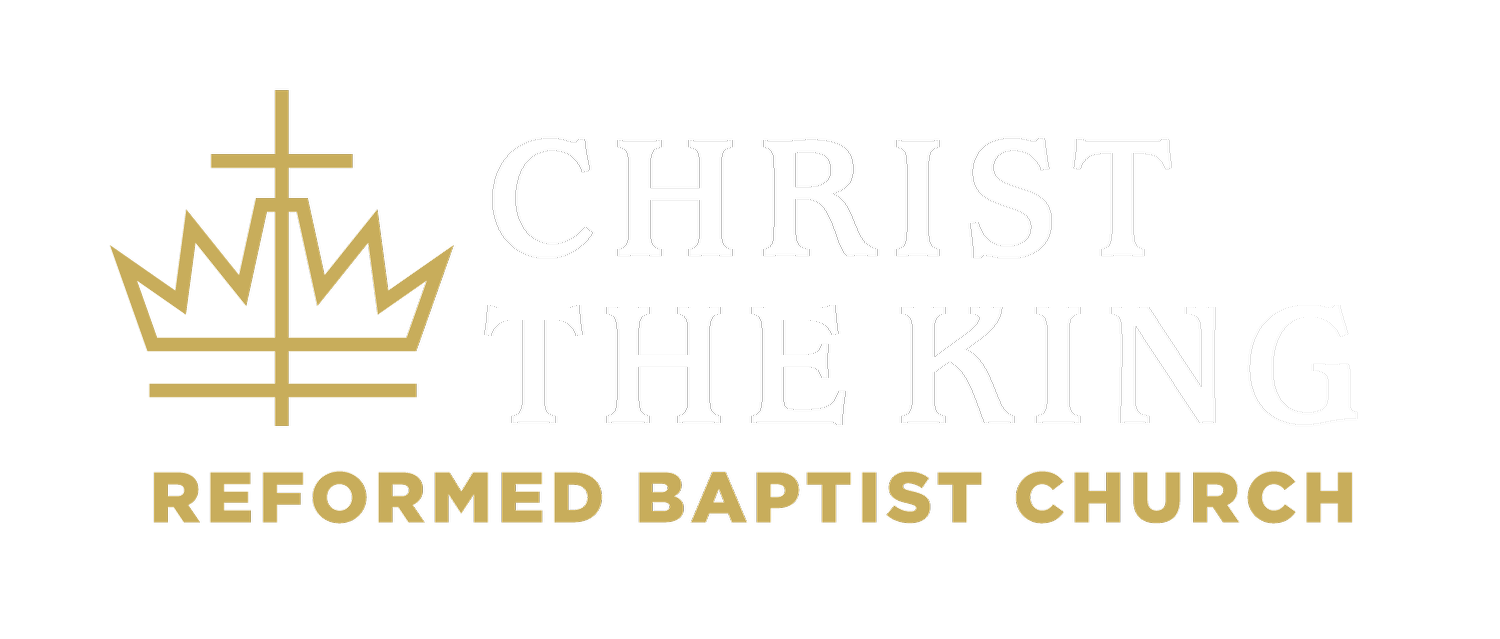“You Know All Things”
In the wake of our celebration of the resurrection of Jesus this weekend, it seems fitting to reflect on a text about what happens next. After his resurrection, Jesus remains on earth for fifty days before he ascends into heaven. In the gospel of John, during that fifty-day period, Jesus appears to the disciples three different times. In the third and final account of the appearance of Jesus, it happens early in the morning.
In the darkness before the sun rises, Peter musters himself along with seven other disciples to go out fishing. After fishing a short while without any success, just as the first light of dawn graces the sky, they hear a loud voice call out to them from the shore: “‘Children, do you have any fish?’ They answered him, ‘No.’ He said to them, ‘Cast the net on the right side of the boat, and you will find some.’ So they cast it, and now they were not able to haul it in, because of the quantity of fish” (Jn. 21:5-6). As they suddenly struggle to haul all these fish in, the disciples realize the voice from the shore must belong to Jesus. Filling up with joy, John shouts to Peter: “It is the Lord!” Classic Peter could not contain his excitement. Without hesitation, he puts on his outer garment and splashes into the water leaving the rest of them in a boat now full of fish. Thankfully, since they were not far from the shore, it did not take long for them to catch up. Once everyone arrived on shore, they found Jesus and Peter warming up a charcoal fire with some fish and bread ready to cook. As they step out of the boat, Jesus says: “Bring some of the fish you just caught. Come and eat breakfast.”
Sadly, John does not spare the parchment to tell us what they talked about while they ate. I imagine there were moments like this one in his friendship and journey with Jesus that were too special to write down. When they all finish eating and the disciples begin packing up their nets, he slows the story way down and zooms in on a one-on-one conversation between Jesus and Simon Peter. At first glance of this conversation, it may seem redundant. In the midst of this convivial scene of friends finishing up shared food, Jesus asks Peter the same question three times in a row: “Simon, son of John, do you love me?” and Peter responds the same way each time… almost. His third and final response is spoken with immense grief welling up in him. Instead of saying again, “Yes, Lord. You know that I love you,” with tears now forming in his eyes and words muffled by a broken heart, he says: “Lord, you know all things; you know that I love you.”
Why does Peter grieve as he gives this final, special response? I think he realizes at this moment why Jesus keeps asking him the same question. Jesus knows Peter has not yet dealt with his past failures. Peter is still ashamed by abandoning Jesus in the garden and denying him three times and does not feel worthy to tell Jesus he loves him directly. Not once does Peter say: “Yes, Lord. I love you.” Instead he roots his love in the perfect knowledge and love of Jesus himself. By doing this, Peter affirms his love for Jesus though he feels it is not perfect.
In the same way Jesus perfectly knows Peter, he perfectly knows us. Jesus knows the authentic and true “me” and “you” before we put up our protective masks and walls to help us get by in a world that rewards shallowness. He knows us better than we know ourselves… and he loves us. On days we feel our love for him lacks luster and cannot confidently look Jesus in his eyes, we can gain assurance from the knowledge of his grace as it is beautifully shown to us in this gospel story.

